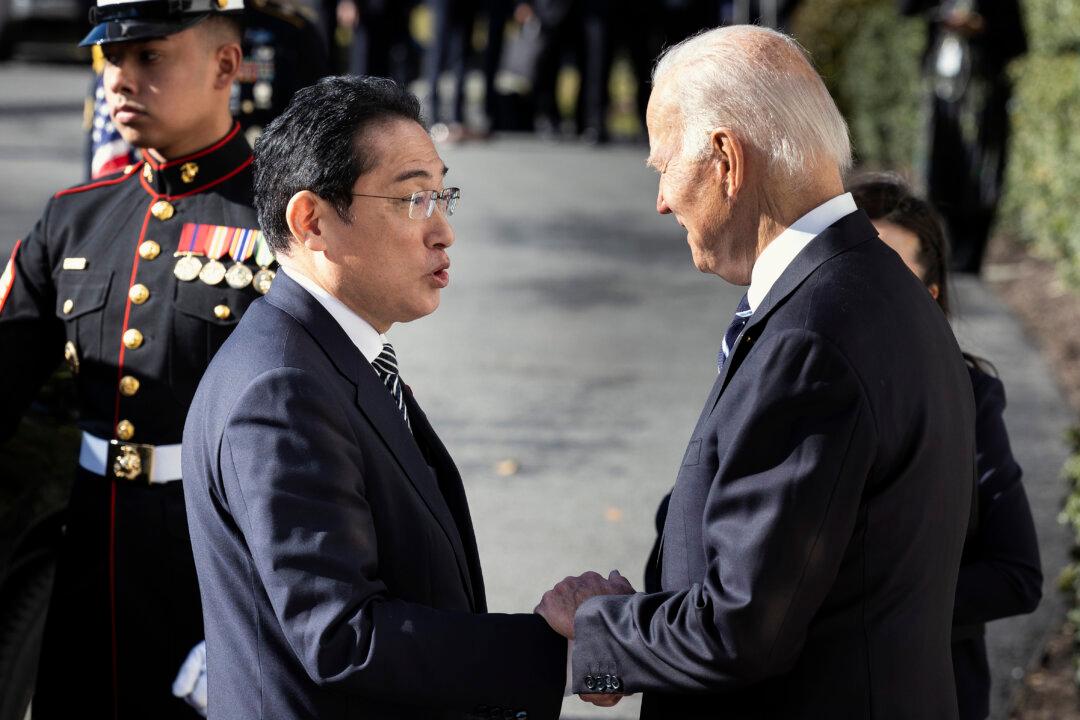Commentary
In most respects, Japan has remained a close ally of American efforts against China, both militarily and in trade matters.

In most respects, Japan has remained a close ally of American efforts against China, both militarily and in trade matters.